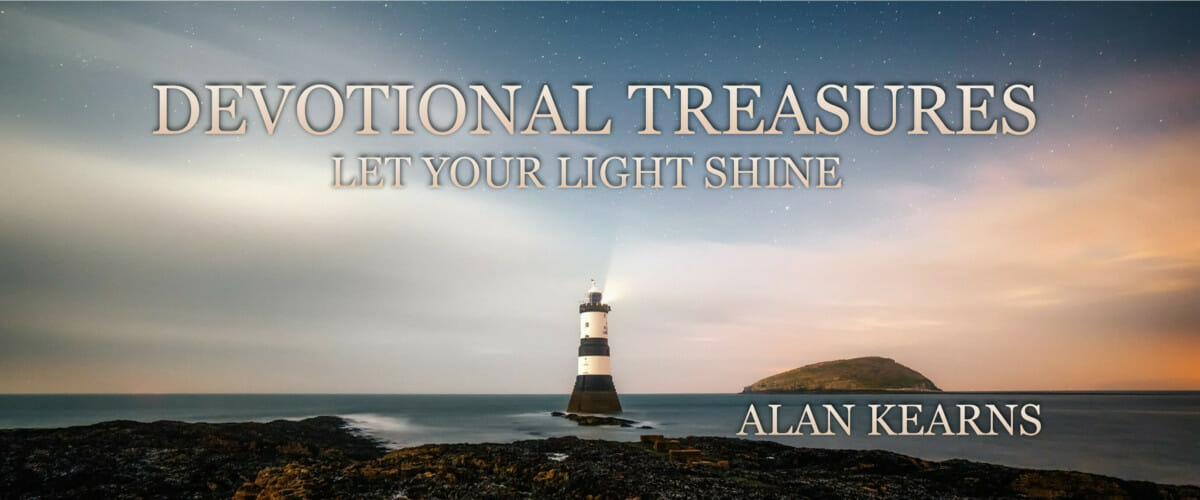When buying a car, you might begin with a price range and a few models that interest you. From there, you begin looking for the best deal – you kick the tires and haggle over the price, hoping to get the biggest bang for your buck. All the while, you know that cars have a relative value, a value set by supply and demand, and our willingness to take a chance on purchase. It’s a comparative value given to it, placed upon it by our external assessments. But if truth be told, we tend to assume that the only value that really matters is the value we assign to everything.
I recently came upon a discussion on YouTube, the premise of which was “Is marriage a good deal?” The conversation was largely a kicking-the-tires exercise of weighing the benefits against the liabilities, attempting to determine what you get for what it costs you. What I found particularly interesting was the way they were calling into question the institution of marriage, instead of the superficiality with which the culture approaches marriage – as if their self-involved extrinsic evaluations could somehow supersede the intrinsic value of marriage as sacrament.
In many ways, this is a pathological over-simplification of value – i.e., whatever no longer serves my needs, no longer has value to me. Which is fine when we’re talking about inanimate objects. It doesn’t matter whether it’s a car or a toaster; if it no longer serves the purpose for which it exists, then it’s time to get another one – because the value of such things is extrinsic by nature. But it’s quite a different thing when it comes to human life – for people aren’t meant to be treated as if they were merely useful objects . . . until they’re no longer useful to us. For each of us is made in the image of God, an intrinsic and immutable value given to us by the creator of all things – an important distinction found at the very core of all moral discernment.
So clearly, we should subscribe to a hierarchy of values, one that delineates the intrinsic from the extrinsic – making the extrinsic subordinate to the intrinsic. But if we, as a culture, can no longer clearly identify the difference between the two – then everything inevitably defaults to an extrinsic value. This is how objects can become more important to us than people, and how people end up becoming objectified. This is the very same dark rationale that has always attempted to excuse racism, slavery, and genocide . . . because this is what extrinsically valuing what is intrinsically valuable leads to.
So if you find yourself asking, “What am I getting out of marriage?” you’re asking the wrong question. You should be asking, “How can I better honor the intrinsic value of my spouse, and thereby better honor the vows of our marriage?” Because we can either view ourselves as insatiable consumers, valuing only what serves our every perceived need – or we can reclaim the truth that we are all the beloved of God, an immeasurable value far above any human evaluation, and thereby serve God by making ourselves the servant of all.
Here’s a wedding song I wrote back in the 80s for some dear friends
This is an updated post originally published on Still Chasing Light
Featured Image by Priscilla Du Preez on Unsplash



















